SIHI Sweden
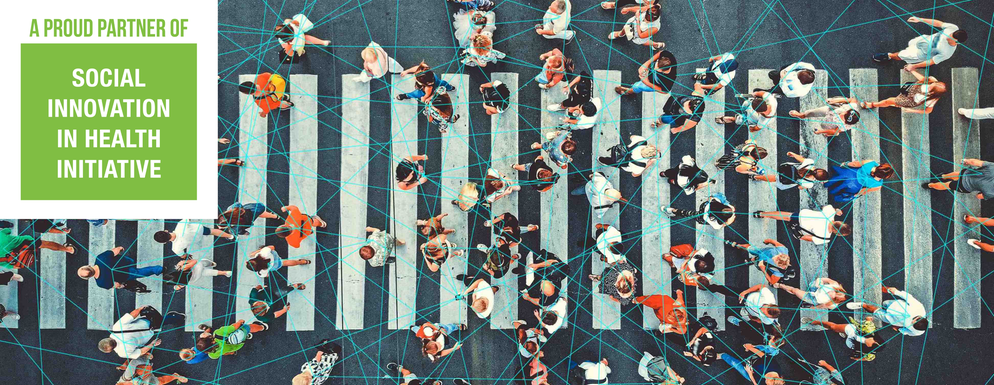
SIHI Sweden was established in 2021 and is a hub in the global network Social Innovation in Health Initiative (SIHI). The hub is hosted by SWEDESD - a center for health equity, transformation, and health, at Uppsala University.
SIHI Sweden aims to conduct and promote interdisciplinary research on social innovation for health by connecting researchers, students, entrepreneurs, policymakers, and implementers in the private and public sector, civil society, and non-profits, and to advocate for systemic shifts needed to achieve health for all.
Our focus
SIHI Sweden explores and researches ways to promote health for all through social innovation, focusing on implementation processes and transformative learning, to build capacity, co-create knowledge, and transfer social innovations to new contexts.
See which projects and methods we are currently working on within social innovations:
- Co-Creation Lab
- Att leda samverkan - a course in leading collaboration
- Yalla Trappan
- Mentormammor i Göteborg
SIHI Sweden Conferens
SIHI Sweden arranges an annual conference with a focus on different aspects of social innovation in health. Read more about upcoming and previous conferences below.
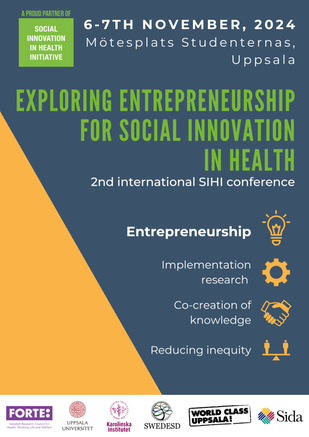
Exploring Entrepreneurship in Social Innovation for Health
Learn more about this years conference.
SIHI Sweden Steering Group
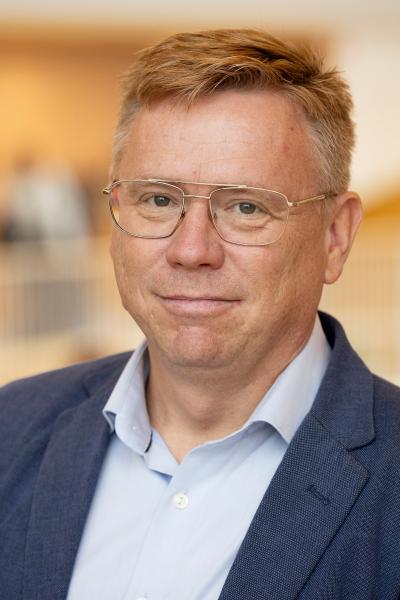
Mats Målqvist
Mats is professor of global health at the Department of Women's and Children's Health, and the director of SWEDESD, a center for health equity, sustainability and transformation at Uppsala University. His teaching and research interests focus on implementation science and health equity, with partner collaborations in in south Asia, eastern Africa and Sweden.
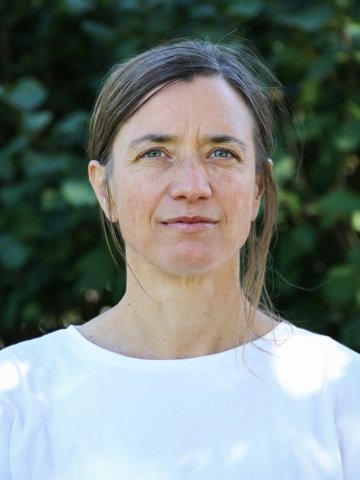
Elin C Larsson
Elin is an associate professor in Global Health, a principal researcher and vice research group leader in the GloSH research group at the Department of Global Public Health, and affiliated to the Dep. of Women’s and Children’s Health, Karolinska Institutet. Her research focus is Sexual and Reproductive Health and Rights, both in low- and middle-income contexts. She currently leads a large cluster randomized controlled trial, studying how a quality improvement collaborative with co-produced contraceptive counseling could increase empowerment in contraceptive decision-making. She supervises several Ph.D. students in Sweden and Sub-Saharan Africa and Nepal. As part of her engagement in research and education within SRHR she is part of the management committee of the Academic network for sexual and reproductive health and rights policy, ANSER, and she was recently elected for the Scientific and Technical Advisory Group to the WHOs HRP Programme in SRHR.
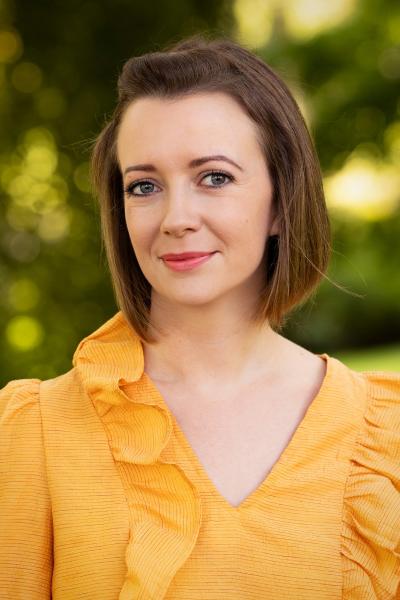
Georgina Warner
Georgina is associate professor of child health and welfare at the Department of Public Health and Caring Sciences at Uppsala University. She is a member of the leadership team for the Child Health and Parenting (CHAP) research group. Her research has a particular focus on children with vulnerabilities including disability, emotional and behavioural difficulties, placement in out-of-home care, forced migration, and poverty.
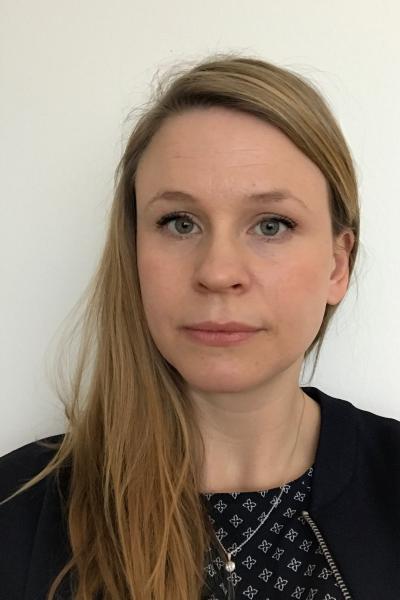
Emma Oljans
Emma is an active researcher within, SWEDESD a center for health equity, sustainability and transformation, Department of Women’s and Children’s Health, Uppsala University. Oljans has a PhD from Uppsala University and did her doctorate in didactics. Her area of expertise includes learning for sustainable development, global health, co-creation, antibiotic resistance and consumer behavior, as well as health literacy.

Maria Nyström
Maria is the center coordinator at SWEDESD, Uppsala Univeristy. She mainly works with coordinating the center, communication, and the network SIHI – Social Innovation in Health Initiative. She has a master’s in Environmental Communication and Management from SLU, Swedish University of Agricultural Sciences in Uppsala.
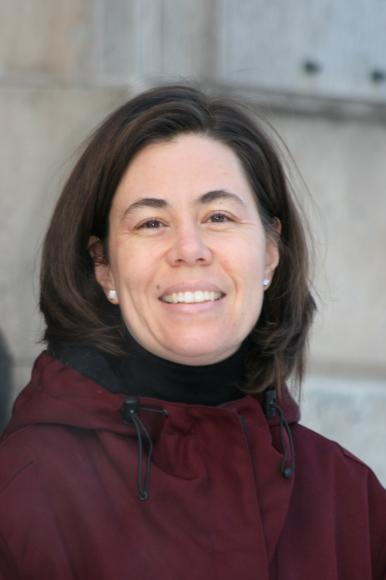
Ulrika Persson-Fischier
Ulrika Persson-Fischier is an anthropologist with a strong interest in pedagogical development, transdisciplinarity, and sustainability. Ulrika's research focuses on perspectives around transformative innovation and disruptive system change, and a transdisciplinary starting point for collaboration with social actors, and concepts such as resilience and regeneration, complexity and wicked problems. Ulrika is responsible for SWEDESD Master's Programme in Implementation, Transformative Learning and Sustainability (ITS).
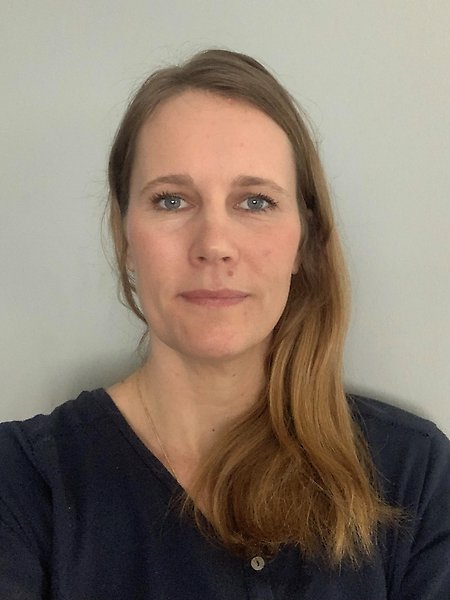
Linnea Stansert Katzen
Linnea Stansert Katzen has a background in Global Public Health and holds a PhD in Public Health from Stellenbosch University, South Africa. Her research focus include Maternal and Child Health, Community Health Worker programs and Social integration in Sweden, South Africa, and globally. She is currently working as a researcher at Department of Public Health and Community Medicine, Gothenburg University.
SIHI Fellows
The SIHI fellowship program is a two-year program that provides mentorship, capacity building and collaboration for research in social innovation in health. The fellowship involves a group of participants from different continents who are all young academics. As a part of the fellowship program the fellows will arrange a series of training workshops on topics such as the concept of social innovation, implementation research, human-centered design, crowdsourcing, crowdfunding and monitoring and evaluation of social innovations in health. To learn more about the program, visit the webapage for the SIHI Fellowship program.
Two young academics from SIHI Sweden will take part in the program.
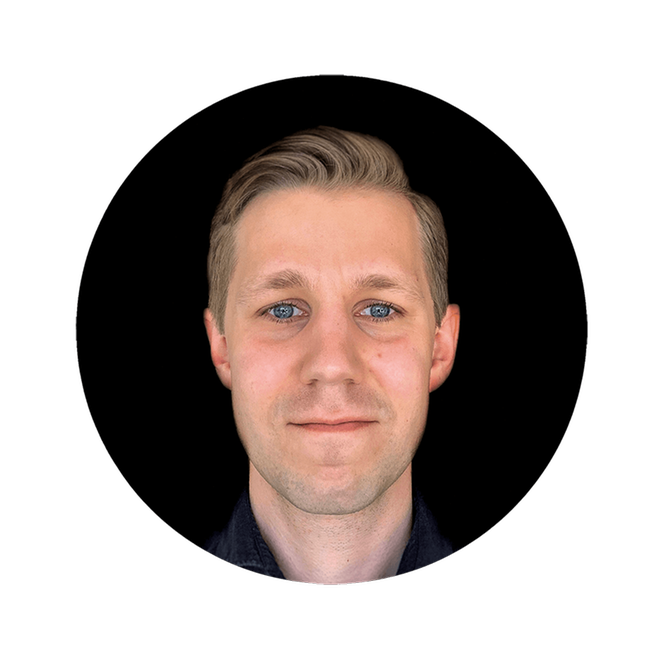
Per Kåks, PhD
Social innovation interests: social innovation in health, implementation research, crowdsourcing, and human-centered design

Ms. Linet M. Mustisya
Social innovation interests: Implementation research, community engagement, sustainability, health promotion, and research dissemination
What do we mean by social innovations in health?
Social innovations are new or more efficient ways to address complex social
challenges in health and welfare. The innovations are developed together with the users and other stakeholders in order to provide a more accessible, inclusive and cost-effective health and welfare. They often result in new social relationships and changes on organizational and system levels.
Definition of health
SWEDESD is working to broaden the definition of which projects fall within the scope of social health innovations. A new narrative for global health is needed that both discards its colonial heritage and aligns with the current state and challenges of the world. We propose a mission statement for global health that endeavors to reduce inequities and the best attainable health for all while simultaneously reducing humankind’s ecological footprint to a sustainable level. This requires focusing on transformative processes and solutions that transcend current practice, integrating multiple perspectives and disciplines. Read more in this editorial in BMJ Global Health!
With this definition of global health, SIHI Sweden see that social innovations for health include projects that work for the health of both people and the planet.
Read and watch videos about SIHI International’s definition of social innovations in health here.
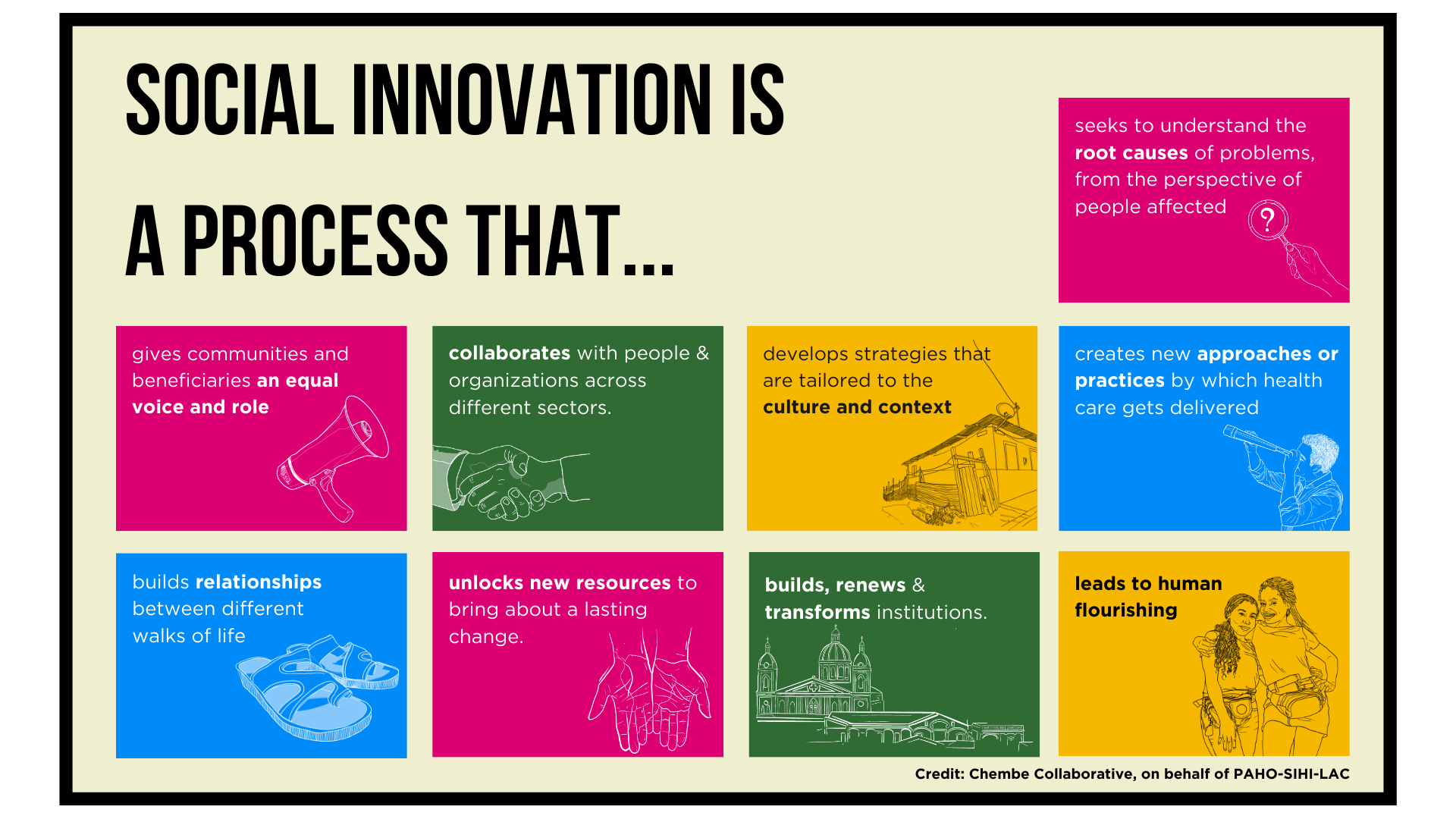
Sponsors

The SIHI network is supported by TDR, the Special Programme for Research and Training in Tropical Disease, co-sponsored by UNDP, UNICEF, the World Bank and WHO. TDR receives additional funding from Sida, the Swedish International Development Cooperation Agency, to support SIHI.
